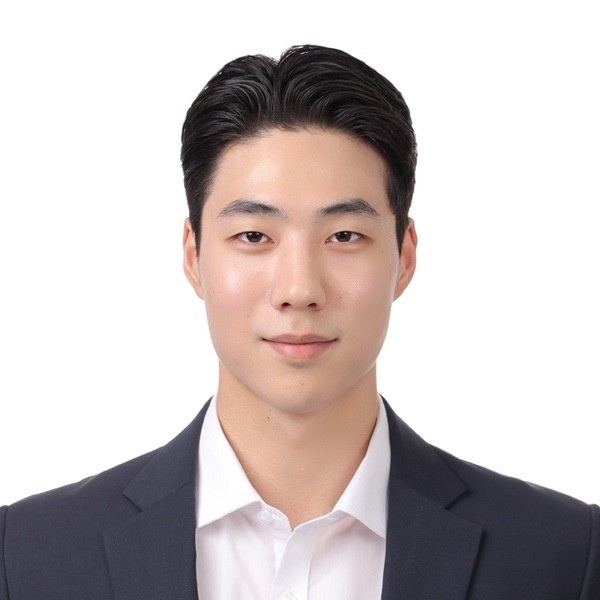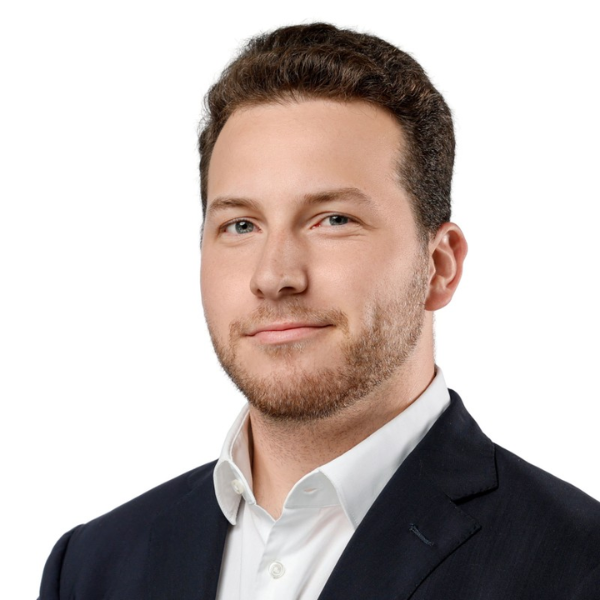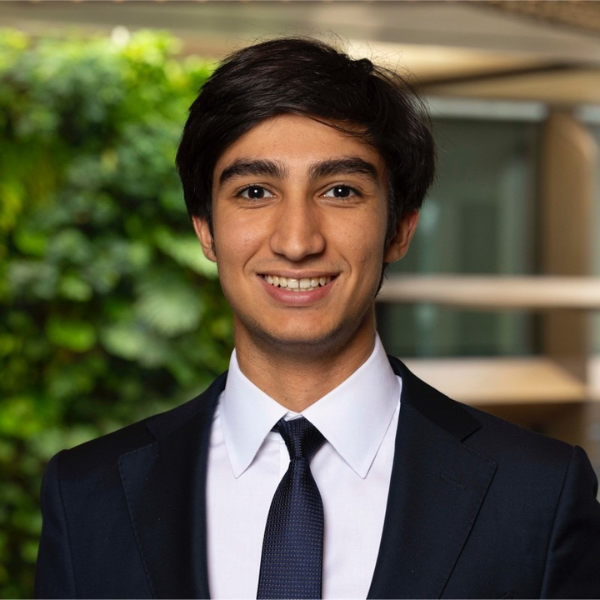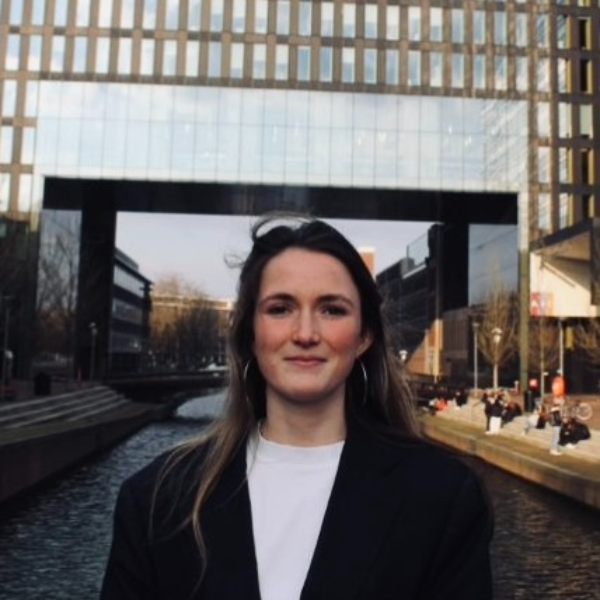INSEAD stood out for its genuine diversity, strong consulting focus, and broad management education.
Stephan Chu

Tell us a bit about yourself and why you chose the INSEAD MIM.
I’m Korean-American, born in California, raised in Korea, and I’ve spent a lot of time volunteering at a hospital in Vietnam. I studied Economics at Boston College and did internships at a game development startup and a futures brokerage.
I wasn’t trying to leave finance entirely, but I wanted to broaden my career options for the long term. INSEAD stood out for its genuine diversity, strong consulting focus, and broad management education.
What have you been learning so far, both in and out of the classroom?
The biggest lesson has been teamwork. During my undergrad I mostly worked independently, but at INSEAD almost everything happens in groups.
At first it was hard to adjust, but I’ve learned how valuable it is to align early, make sure everyone’s on the same page, and divide work based on strengths.
My home group includes six nationalities: Denmark, India, Italy, Belgium, France, and Germany, and the diversity of thought is incredible. Seeing how people from business or consulting backgrounds structure problems has helped me grow faster and approach challenges more collaboratively.
How would you describe the academic experience so far?
We’re currently taking Data, Financial Accounting, and Marketing. I’d studied some of these before, but the professors here teach them very differently, everything is tied to real-world cases and examples.
In Data, for example, our professor blends quantitative concepts with the psychology of data and decision-making. The classes connect to each other, and it makes even technical material intuitive and engaging. It’s not about memorisation but understanding how to apply what we learn.
So how have the first few weeks felt?
It’s been full, in the best way. There’s always something happening: classes, club kickoffs, random dinners, or cultural events like Oktoberfest and Dash. At first, everyone tries to do everything, but you quickly realise it’s impossible to give 100 per cent to every activity. I’ve learned to prioritise what really matters to me and what aligns with my goals and values.
What have you gotten involved in outside of class?
I’ve joined rugby, which has been amazing because it’s not just a sport here, it’s a community. The teamwork and camaraderie really reflect the spirit of INSEAD. I’m also applying to an Emerald Consulting project and have co-founded a team for the INSEAD Venture Competition, where a casual chat about renewables has quickly grown into a full business plan thanks to our team's diverse expertise.
I also love the “Random Dinners”; they’re such a natural way to meet people from other sections and programmes. These moments outside the classroom are where you really see INSEAD’s diversity in action.
Where do you hope to go after the MIM, and how has the CDC supported you so far?
I’d like to work in consulting or venture capital, ideally based in Singapore or the U.S. INSEAD’s global footprint makes that possible: with a campus in Singapore, a hub in San Francisco, and even a field trip to Silicon Valley. The career evaluations during P0 helped me understand my strengths in ways I hadn’t before. They even suggested I’m well-suited for general management roles, which was a surprise. That opened up new perspectives in my conversations with my career coach.
What do you think you bring to the INSEAD MIM community?
I like to think of myself as approachable, someone who helps connect people. I’m the only Korean-American in the cohort, so I often get questions about Korean culture, which I love sharing. But beyond that, I try to make sure people feel included; whether that’s explaining something in class or checking in when someone seems left out. Building those small bridges really strengthens our community.




